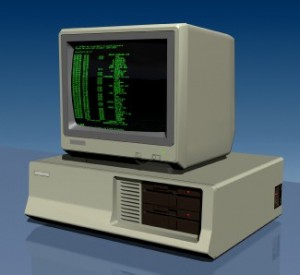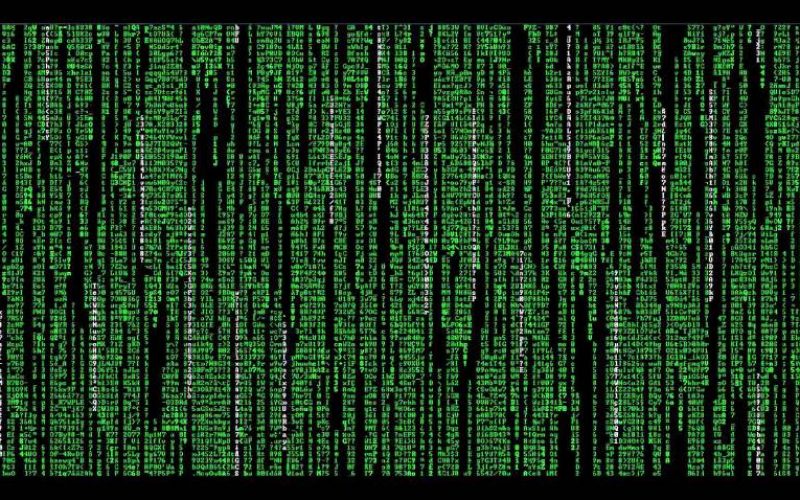In 1986, I built my first computer, a 286 with a 20 megabyte internal hard drive, the first of its kind. (Remember disk swapping?)
I got the parts through an employee special purchase, probably because they were almost obsolete, though I didn’t know it.
That PC 286 cost $1200, with discount. Twice the average of today’s laptop. I was 27 years old.
It sat in boxes for 3 months before I got up the courage to assemble it.
I enrolled in a DOS class, so I could communicate with it. I still see its green cursor flashing against black (made so iconic in The Matrix), waiting for my command: dir c:/
It changed my life.
 I’d taken a mag card class in business school, several years earlier. But I wrote all my term papers on an IBM Selectric.
I’d taken a mag card class in business school, several years earlier. But I wrote all my term papers on an IBM Selectric.
In 1994, I watched my five-year-old niece navigate Windows like it was second nature. I’d just switched from necessity. I was a 35-year-old grad student competing with kids ten years my junior.
I remember my first encounter with Mosaic at UCLA’s computer center, my utter confusion as I tried to grasp this early incarnation of a Web browser.
The teenager next to me asked kindly, “What are you looking for?” He gave me an enthusiastic one-hour tutorial. I wish I could find that kid and thank him again. Because he, too, changed my life.
My point is: My classroom schooling did not include computing. Nor, I suspect, did yours. I didn’t touch a PC until I was in my late 20s.
Yet here we both are. With sons and daughters, nieces and nephews, who made their fourth grade show-and-tell presentation in Powerpoint.
Millenials, today’s 20-somethings, have never known life without a cell phone or computer. They’re taking technology to a whole new level—escaping the cubicle, becoming location independent, and rethinking retirement.
We can learn a lot from them.
In the meantime, if you were born before 1965 and you’re reading this—lean back, stare at your amazing technicolor monitor, and congratulate yourself. You’re a life-long learner.
You taught yourself what your sons and daughters, nieces and nephews, simply absorbed through cultural osmosis. The coming decades are not just theirs.
They’re ours.
